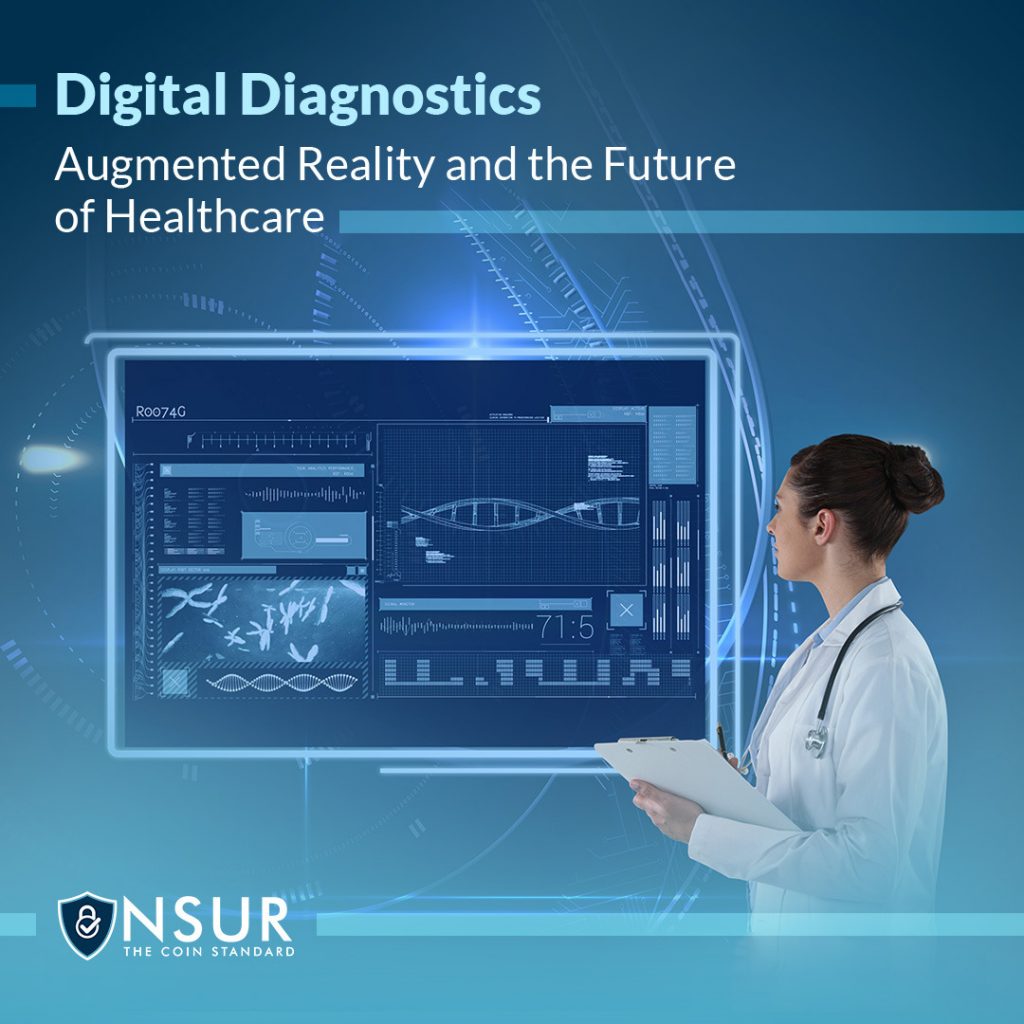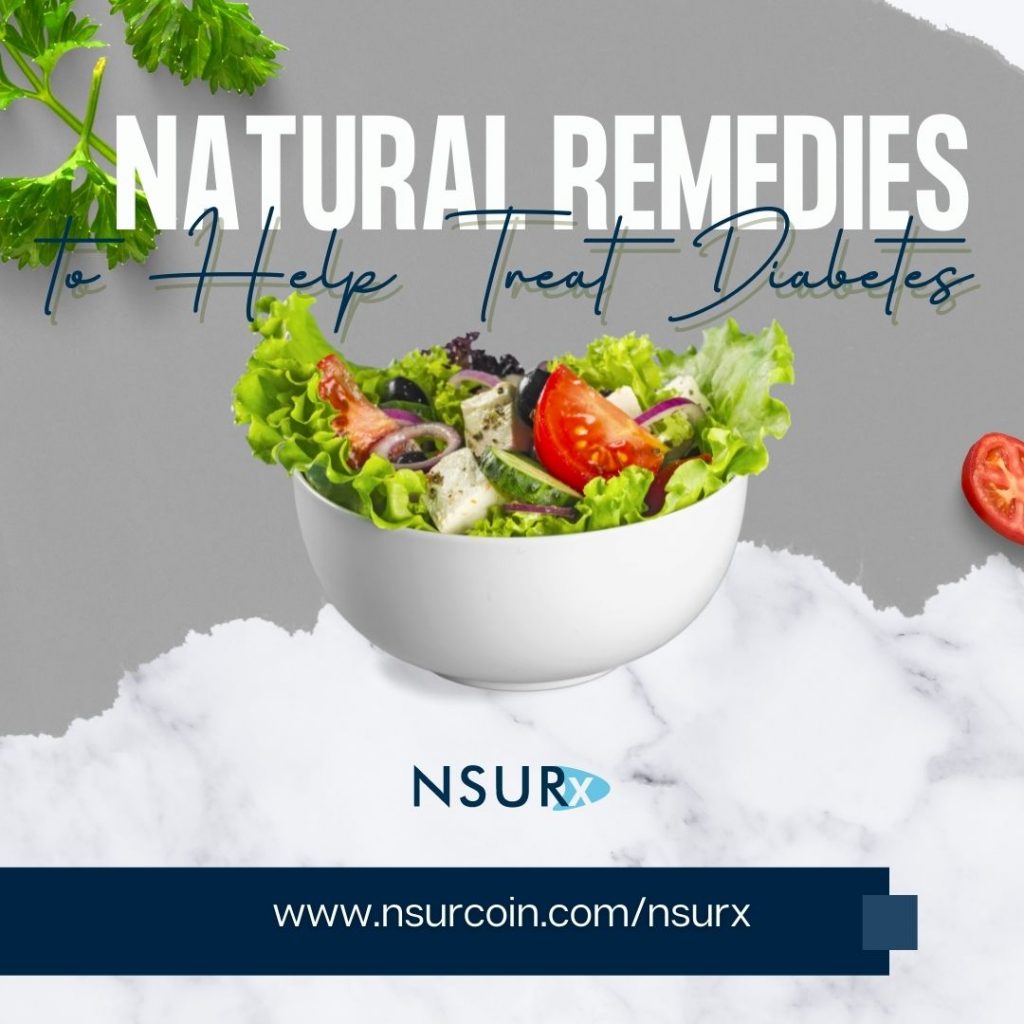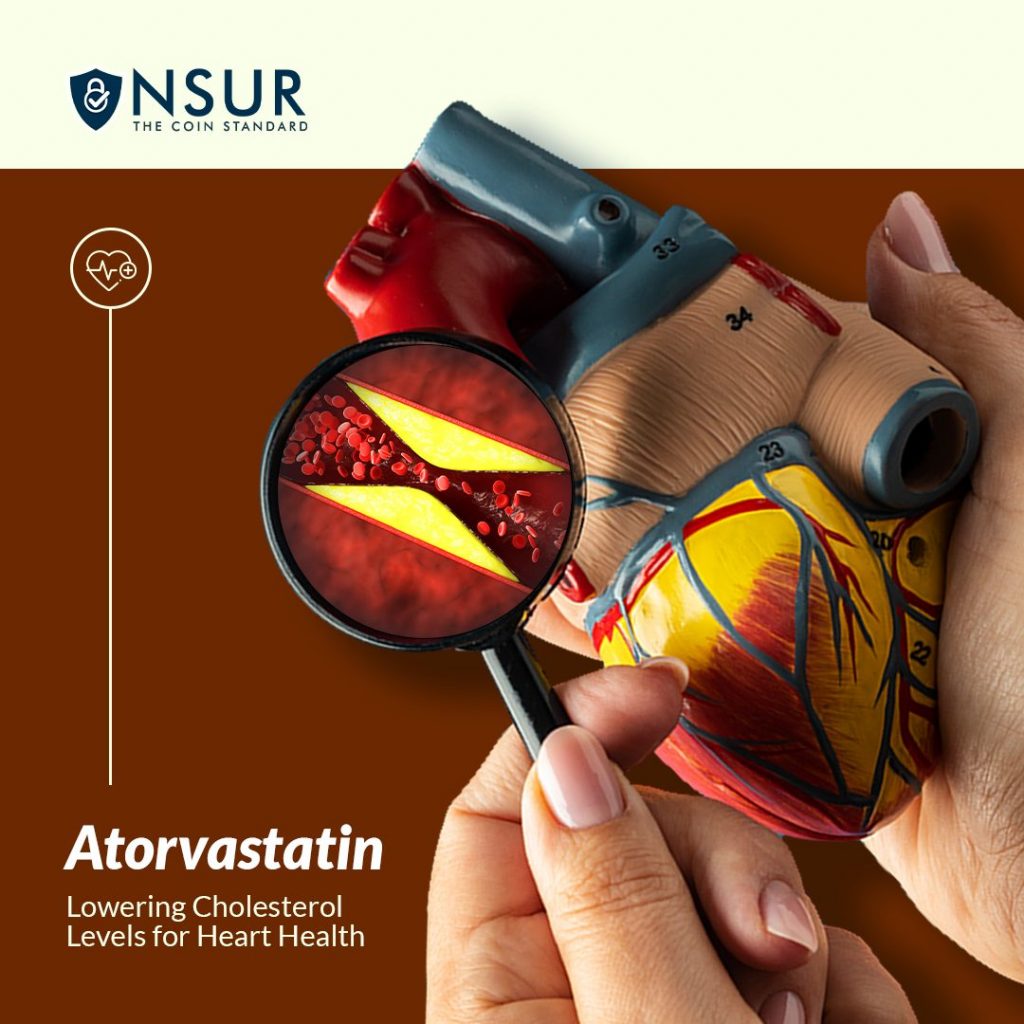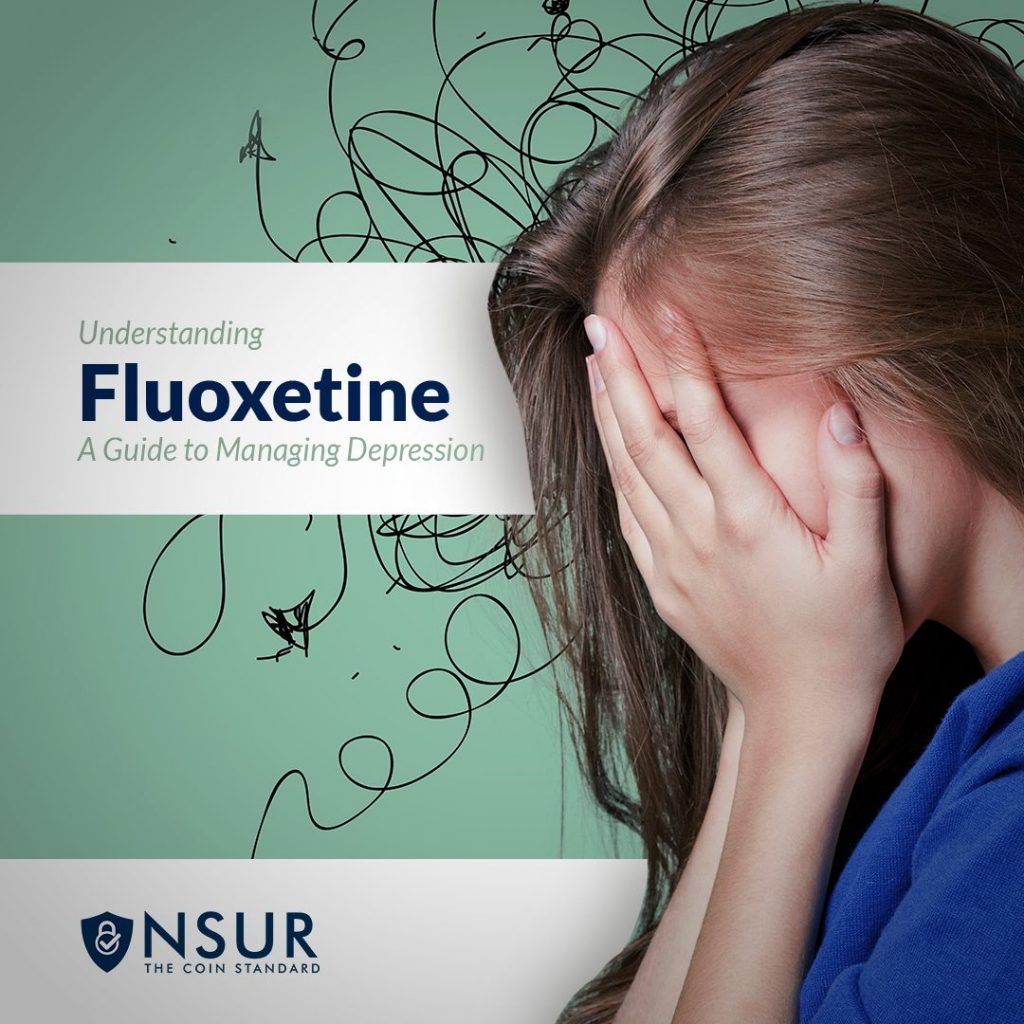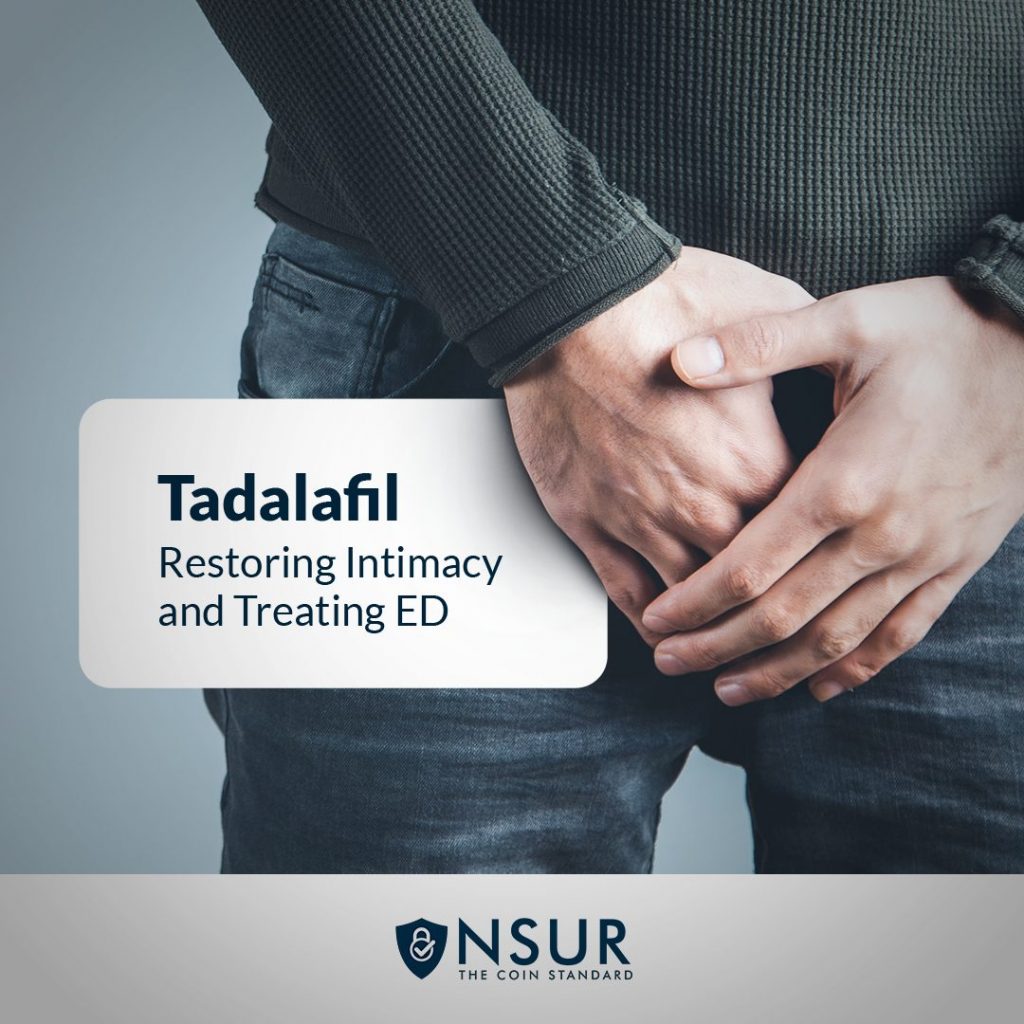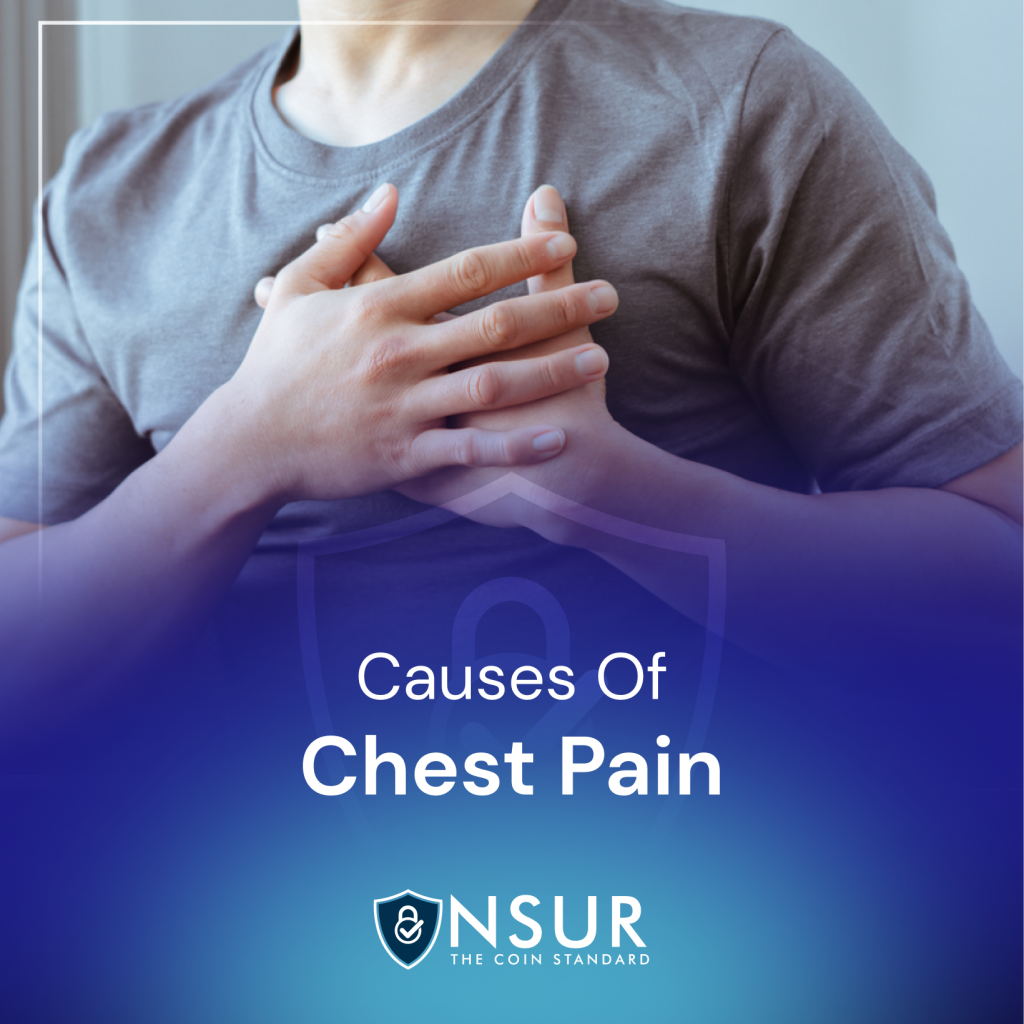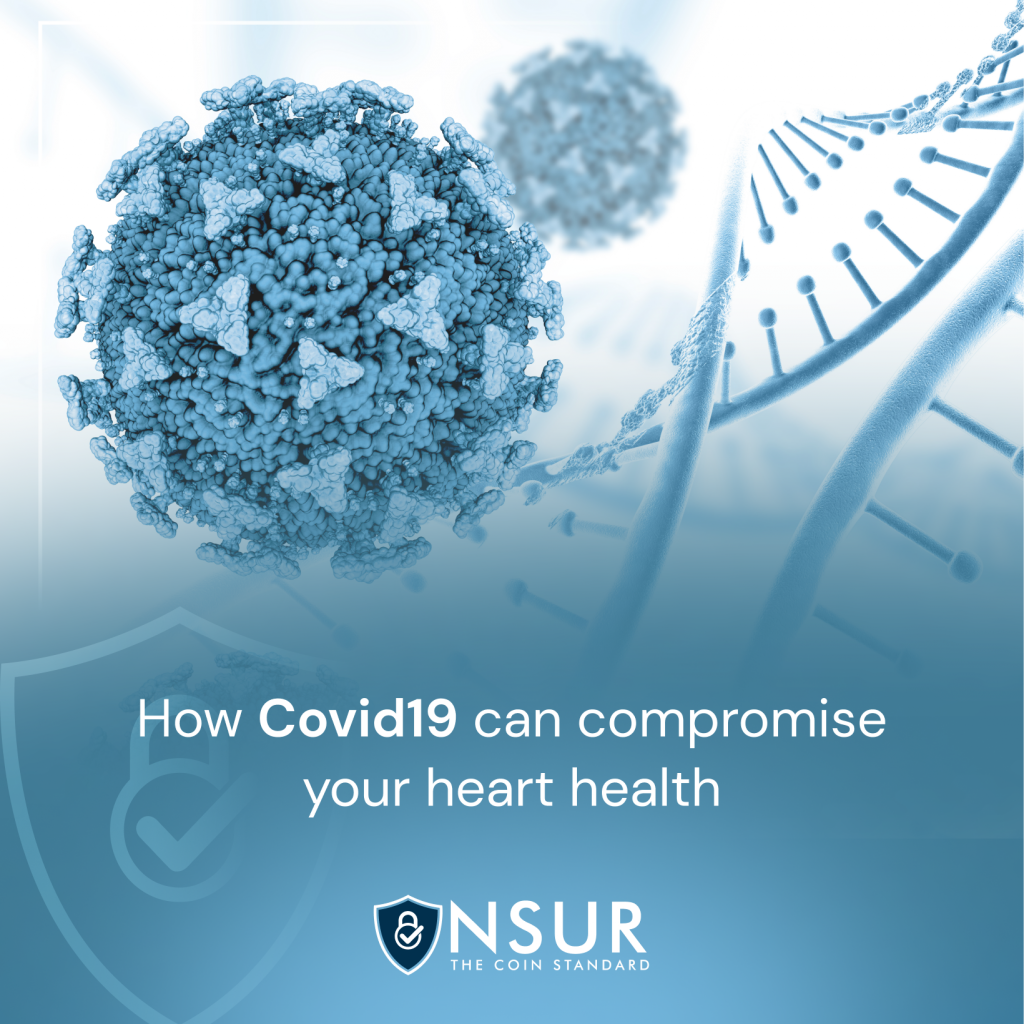
According to Penn Medicines, the first thing that is often checked first when you get hospitalized for COVID-19 is your cardiac enzymes. These tests include measuring proteins that are increased during any heart complications or damage.
Troponin and Certain Kinases, cardiac enzymes, get leaked into the blood from the heart during any damage. Therefore, any kind of increase in these enzymes can be a sign of cardiac issues and troubles. These cardiac issues are not just reserved for severe cases but can also affect people with mild Covid infection.
Penn Medicine states that COVID-19 can cause myocarditis, which is a dangerous inflammation of the heart that stops it from working effectively.
According to Scientific American, a study was conducted in which it was found that there was a 63% increase in heart complications for people who had suffered a COVID-19 infection.
People also experience an increase in blood clots and strokes after recovering from COVID-19. Blood clots are nothing but thickening of the blood till it becomes a blockage. A European Study claims that blood clots start appearing in only 20-30% of severely infected people.
Who’s At Risk Of Cardiovascular Health And Heart Issues After COVID-19?
- People aged 65 years or above
- People with underlying issues and conditions
Cardiac Conditions Associated With COVID-19 Complications
- Cardiomyopathy
- Coronary Artery Disease
- Heart Attack
- Diabetes
- Heart Failure
- High Blood Pressure
- Obesity
- Stroke
- Vasculitis
Managing Your Heart Health After COVID-19
- See a medical professional to better understand your heart health and work on it
- Keep taking the prescribed medicines and do not make any alterations or changes in the prescription without consulting your doctor first
- Keep your prescriptions updated and filled
- Get immediate help from a medical professional when you experience any unusual symptom
Heart Attacks And Strokes Symptoms
Heart Attack
- Chest Pain and discomfort
- Fatigue, dizziness and nausea
- Pain and discomfort in the jaw, neck or back
- Pain in one arm and shoulder, or sometimes both
- Shortness of breath
Stroke
- Weakness in one side of the body, like the face, shoulder, arm and leg
- Confusion of mind fog
- Difficulty speaking
- Improper speech
- Difficulty in seeing from one or both the eyes
- Trouble waking up
- Dizziness and loss of balance
- Lack of mind and body coordination
- Sudden severe headache
Lifestyle Changes For A Healthy Heart
- Stay active, but do not indulge in any heavy weight exercise if you have experienced any kind of illness recently. Plan out a fitness routine with your doctor and a qualified fitness instructor.
- Include more fruits, nuts, multi-grain, veggies, lean meat and low-fat dairy products in your diet.
- Consume less salt, less sugary stuff, processed and refined food.
- Keep your stress levels in check, take a moment to unwind and relax daily, and talk to a medical professional if you’re finding it hard to manage all the stress.
- Quit smoking and excessive alcohol consumption, as it might harm your lung health as well as other organs’ vitality.
Take advantage of NSURx when making healthy lifestyle changes!
With the NSURx Prescription Benefit Card, you can save money on your heart medications at more than 35,000 pharmacies across the United States.
You can save up to 80% on your heart medication by using an NSURx card. Hundreds of dollars in savings could be yours every time you fill out your prescription.
The more you shop with NSURx, the more NSUR Coins you will receive as a reward.
